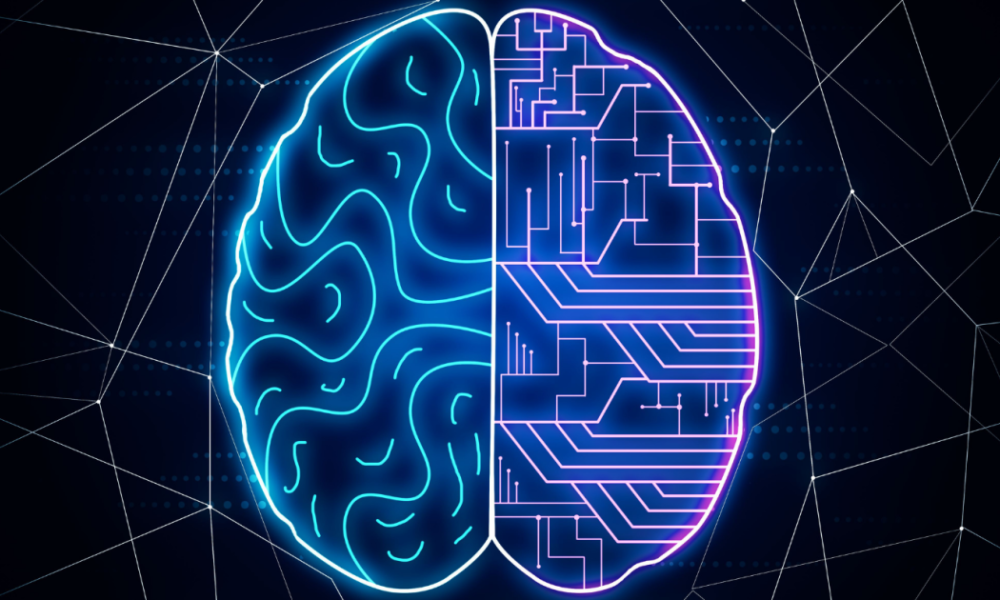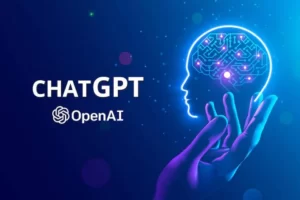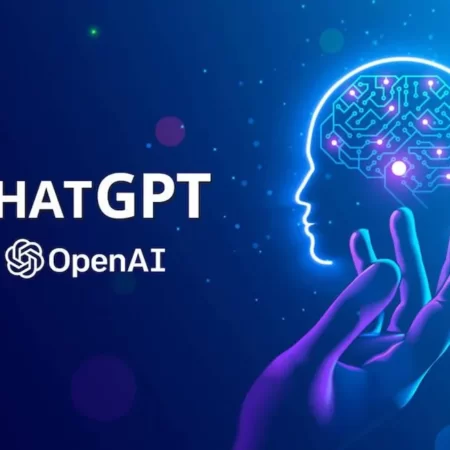Machine learning is a rapidly growing field of artificial intelligence that involves training algorithms to learn from data and improve their performance on a specific task without being explicitly programmed. This technology has the potential to revolutionize many industries and create new job opportunities, but it also raises important ethical concerns. In this article, we will explore the basics of machine learning, its applications, challenges, and ethical concerns, as well as the skills needed for a career in this field and the future of machine learning.

As artificial intelligence (AI) tools continue to gain momentum, they have already started to impact the job market, with machine learning being one of the most prominent areas where jobs could be at stake. While machine learning has brought about great advancements and efficiency in many industries, the fact remains that certain jobs may become obsolete as AI becomes more prevalent.
Machine learning is the process of teaching machines to learn from data and improve performance on a specific task, without being explicitly programmed. This has made it possible for machines to recognize patterns, make predictions, and even learn to take actions based on data.
The impact of machine learning on jobs could be significant, especially in industries that rely heavily on data processing and analysis. For example, the financial sector, which has traditionally employed large numbers of analysts and traders to analyze data and make decisions, is already seeing the impact of AI tools that can analyze data and make predictions with greater accuracy and speed than humans.
Similarly, industries like healthcare, retail, and logistics, which rely heavily on data processing and analysis, are also likely to see significant changes in the job market as AI tools become more prevalent. In these industries, machine learning algorithms can analyze vast amounts of data and provide insights and recommendations that can help businesses make better decisions.

However, it is not just these industries that are likely to be affected. Many other jobs that involve repetitive or routine tasks, such as data entry or customer service, could also be at risk as AI tools become more sophisticated and capable.
But it is not all doom and gloom. While there may be some job losses in certain industries, the development and use of AI tools are also creating new job opportunities. For example, the development of AI tools requires highly skilled professionals, such as data scientists, machine learning engineers, and software developers, to create and maintain the systems. Additionally, there will be a need for professionals who can work with these AI tools, such as AI trainers, to ensure that they are accurately and effectively learning from data.
FAQ’s
What is machine learning?
Machine learning is a branch of artificial intelligence that involves training computer algorithms to learn from data and improve their performance on a specific task without being explicitly programmed.
How does machine learning work?
Machine learning algorithms work by analyzing large amounts of data and identifying patterns and relationships. The algorithm then uses this information to make predictions or take actions based on new data.
What are some applications of machine learning?
Machine learning has many applications, including image recognition, speech recognition, natural language processing, predictive analytics, and autonomous vehicles.
What are the different types of machine learning?
There are three main types of machine learning: supervised learning, unsupervised learning, and reinforcement learning. Supervised learning involves training an algorithm using labeled data, unsupervised learning involves training an algorithm without labeled data, and reinforcement learning involves training an algorithm to make decisions based on feedback.
What is deep learning?
Deep learning is a subset of machine learning that involves training artificial neural networks to learn from large amounts of data. Deep learning algorithms are often used in image and speech recognition.
How is machine learning different from traditional programming?
Traditional programming involves writing code that explicitly tells a computer what to do. Machine learning, on the other hand, involves training an algorithm to learn from data and make decisions based on that data.
What skills are needed for a career in machine learning?
A career in machine learning requires skills in programming, mathematics, statistics, and data analysis. A strong understanding of algorithms and data structures is also essential.
What are some challenges of machine learning?
Some of the challenges of machine learning include selecting the right algorithm for a given problem, obtaining and processing large amounts of data, and ensuring that the algorithm is making accurate predictions.
What are some ethical concerns related to machine learning?
Ethical concerns related to machine learning include issues related to bias and discrimination, privacy and security, and the potential for job displacement.
What is the future of machine learning?
The future of machine learning is bright, with continued advancements in technology and new applications being discovered every day. However, it is important to address the ethical concerns related to machine learning and ensure that the technology is used responsibly.

In conclusion, while machine learning has the potential to disrupt certain industries and job roles, it is important to remember that it is also creating new job opportunities. It is essential for individuals and organizations to adapt and evolve alongside these technological advancements to remain competitive in the job market.












No Comment! Be the first one.